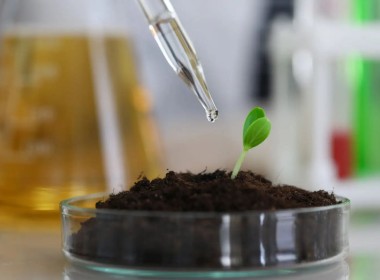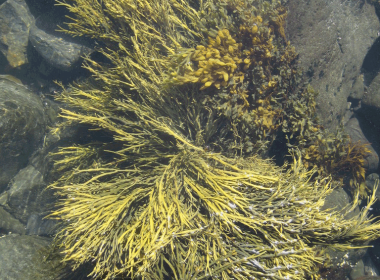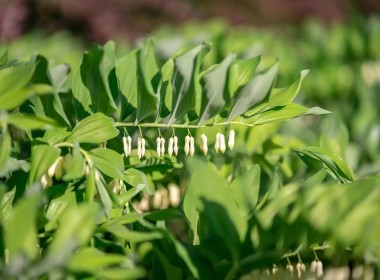What is a Water-Soluble Fertilizer?
- Sep 12, 2024
Fertilizers ensure that the soil has enough nutrients for its growth at different stages. However, to address the need for readily available nutrients, water-soluble fertilizers are used commonly. WSF, commonly known as Water-Soluble fertilizer, is a kind of fertilizer that dissolves in the water and releases its essential nutrients for plant uptake. These are generally applied to the plants through drip irrigation. Also, it allows users to control the overall concentration of the solution to be applied.
In this article, we are going to discuss WSFs in detail.
Classification of WSFs
Classification of WSFs
Water-soluble fertilizers can broadly be divided into two categories based on their physical state; let’s take a look at them:
Solid form
These kinds of fertilizers come in a granular form and have to be dissolved before their application. Because of their solid form, these are easy to store.
Liquid-based
Such fertilizers come pre-dissolved; hence, once mixed with water in required concentrations, they are ready to be used.
How does it work?
After coming in contact with the water, the crystalline form of the fertilizers starts breaking into ions. And then, these ions in the solution reach the roots of the plants. Once the ions are absorbed, they can be transported to different tissues and organs. With enough of these nutrients, processes like photosynthesis are aided in a better way.
Benefits of applying water-soluble fertilizers
Benefits of applying water-soluble fertilizers
Applying such fertilizers may have a number of benefits in terms of both costs and plant health, some of them are as follows:
Better nutrient delivery
These kinds of fertilizers quickly mix up with the water, and when applied, they seep right into the root zones of the plants. Because of this, plants can take up their nutrients effectively and use them for different processes such as cellular respiration. It is the same as giving your plants a quick energy boost.
Enhanced stress tolerance
Using water-soluble fertilizers, the immediate need for K can be addressed easily. Moreover, some WSFs have plant growth regulators and even amino acids that stimulate a better root system and defense system. You can also pair them with fungicides to provide enhanced pest protection and disease tolerance. As the soil has adequate amounts of potassium and other nutrients, it is resistant to pests and abiotic stress.
Improved yield
As WSFs provide nutrients to the crops immediately and in a controlled manner, it may lead to better production. Additionally, due to a good balance of nutrients, the overall quality of the vegetables or fruits may increase. Compared to other granular fertilizers, these are also easy to use.
Parting comments
In a nutshell, the fertilizers dispersable in water can fulfill the immediate nutrient needs of plants by providing them with balanced nutrition. However, these fertilizers may come with some challenges, such as storage and heavy costs. For instance, in large-scale settings, water-soluble fertilizers may not be a cost-effective solution. These may not be ideal for some kinds of soils, mainly sandy or slightly loamy ones. Hence, a quick soil check is recommended before making any decision.









